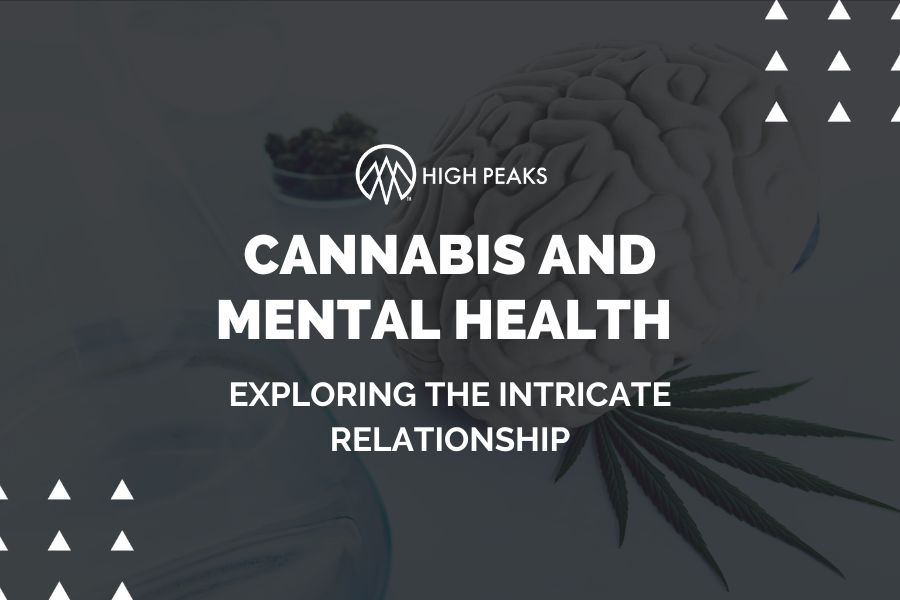
Cannabis and Wearable Tech: Monitoring Consumption and Effects in Real-Time
In today’s society, the responsible use of cannabis is becoming increasingly important. With the recent legalization of cannabis in many

People have used cannabis for medicinal and recreational use for centuries. With its increasing popularity across the world, understanding the connection between cannabis and mental health is more important than ever.
The following sections will delve into the relationship between cannabis use and mental health, exploring the potential benefits and risks. We aim to provide you with a balanced understanding of how cannabis can impact your mental well-being.
Cannabis has shown promise in treating a variety of mental health conditions, thanks to its active compounds called cannabinoids. The two most well-known cannabinoids are delta-9-tetrahydrocannabinol (THC) and cannabidiol (CBD). THC is responsible for the psychoactive effects of cannabis. CBD is non-psychoactive and has been studied for its potential therapeutic benefits.
While cannabis can provide mental health benefits for some individuals, it is essential to consider the potential risks as well. Some users may experience negative mental health effects, particularly when consuming high-THC strains or using cannabis heavily and regularly.
To maximize the potential benefits of cannabis while minimizing the risks, it is important to practice responsible use.
The relationship between cannabis and mental health is multifaceted and depends on many factors. By understanding the potential benefits and risks, users can make informed decisions.

In today’s society, the responsible use of cannabis is becoming increasingly important. With the recent legalization of cannabis in many

As the cannabis industry continues to grow and evolve, new technologies are emerging to enhance the shopping and education experience.

The cannabis industry is booming, with legal and medical cannabis becoming more widely accepted and available. However, concerns over product